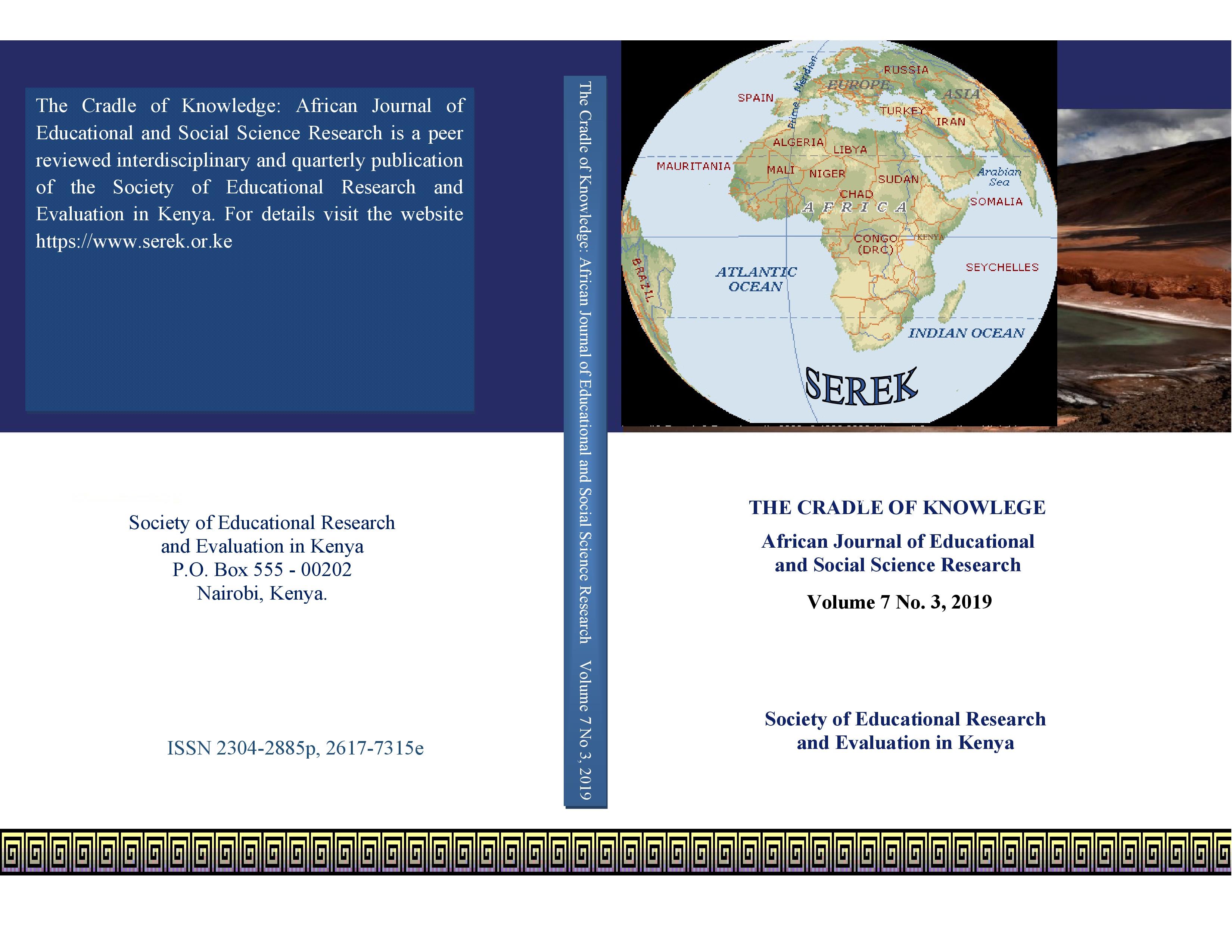
Learning: A Rudimentary Historical and Philosophical Exploration
Abstract
This is a philosophical paper that explores learning. Learning involves ‘learner’ and ‘what to learn about’. For this paper, latter is the world around of which the former is a part. The ‘world around’, started with the Big Bang. That entailed the physical world and the laws that it obeys. Life came into existence because the physical world and the laws made it possible. We humans are the most evolved form of that life because we have evolved learning capabilities.
Key words: Big Bang, cognition, evolution, neurons, synapseFull Text:
PDFReferences
Big Bang https://en,m. Wikipedia.org.
Blakemore, S. (2018).Inventing Ourselves Thinking, ed. Brockman, J. HarperCollins, NY.
Damasio, A (2010), Self Comes To Mind. Vintage, London.
Dawkins, R.(2004) The Ancestor’s Tale Weidenfeld & Nicholson, London
Dennett, D. (2013) The Normal Well Tempered Mind. Thinking, ed. Brockman, J. HarperCollins, NY.
Goleman, D. (2006), Social Intelligence. The Random House Group Ltd., London.
Harari, Y.N. (2014). Sapiens. Penguin Random House. UK.
Levens, T. (2007), Darwin. Routledge, Oxon.
Ramachandran, V. (2013) Adventures in Behavioral Neurology- Or- What Neurology can Tell Us about Human Nature. Thinking, Ed.Brockman, J. HarperCollins, NY.
Ramachandran, V.(2014) The Emerging Mind. Profile Books Ltd. London.
Roberts, A, [2014]. The Incredible Unlikeliness of Being. Wuercus Publishing Ltd. London.
Russell, B. All life is problem solving.
Schwartz. J. (2003), The Mind and the Brain. HarperCollins, NY.
Weinberg, S (1977) The First Three Minutes Basic Books, New York.
Refbacks
- There are currently no refbacks.
License URL: https://www.serek.or.ke
SEREK publication https://serek.or.ke
This work is licensed under a Creative Commons Attribution 4.0 International License